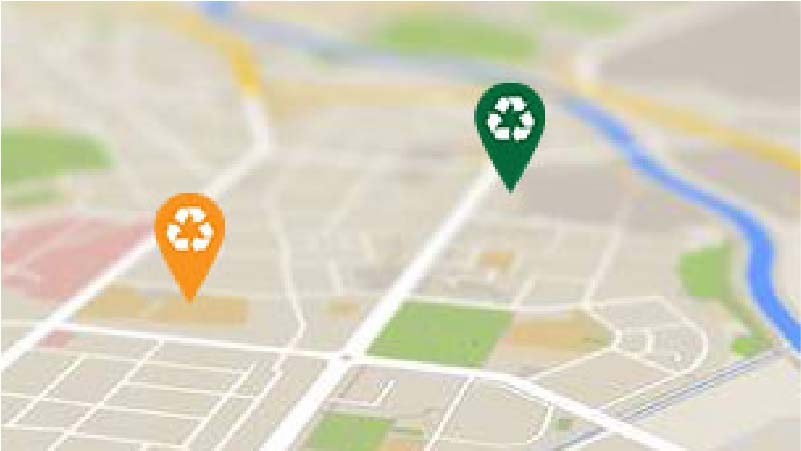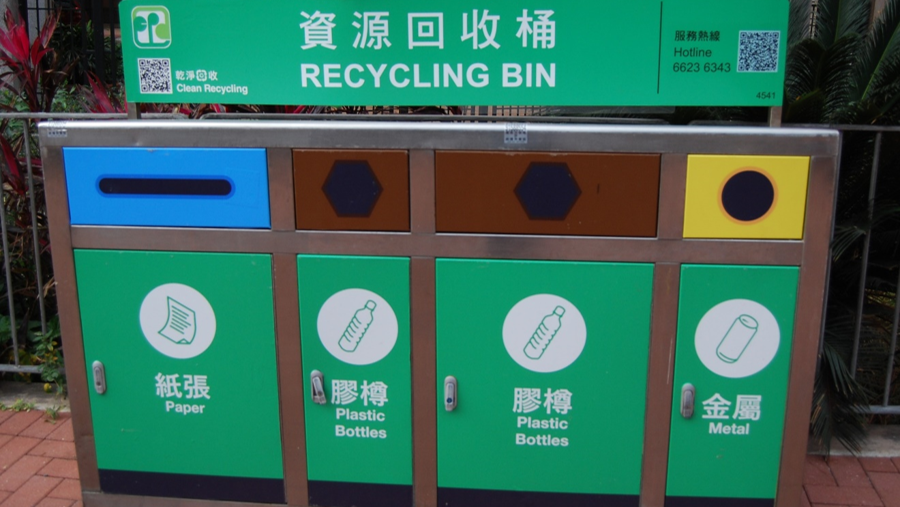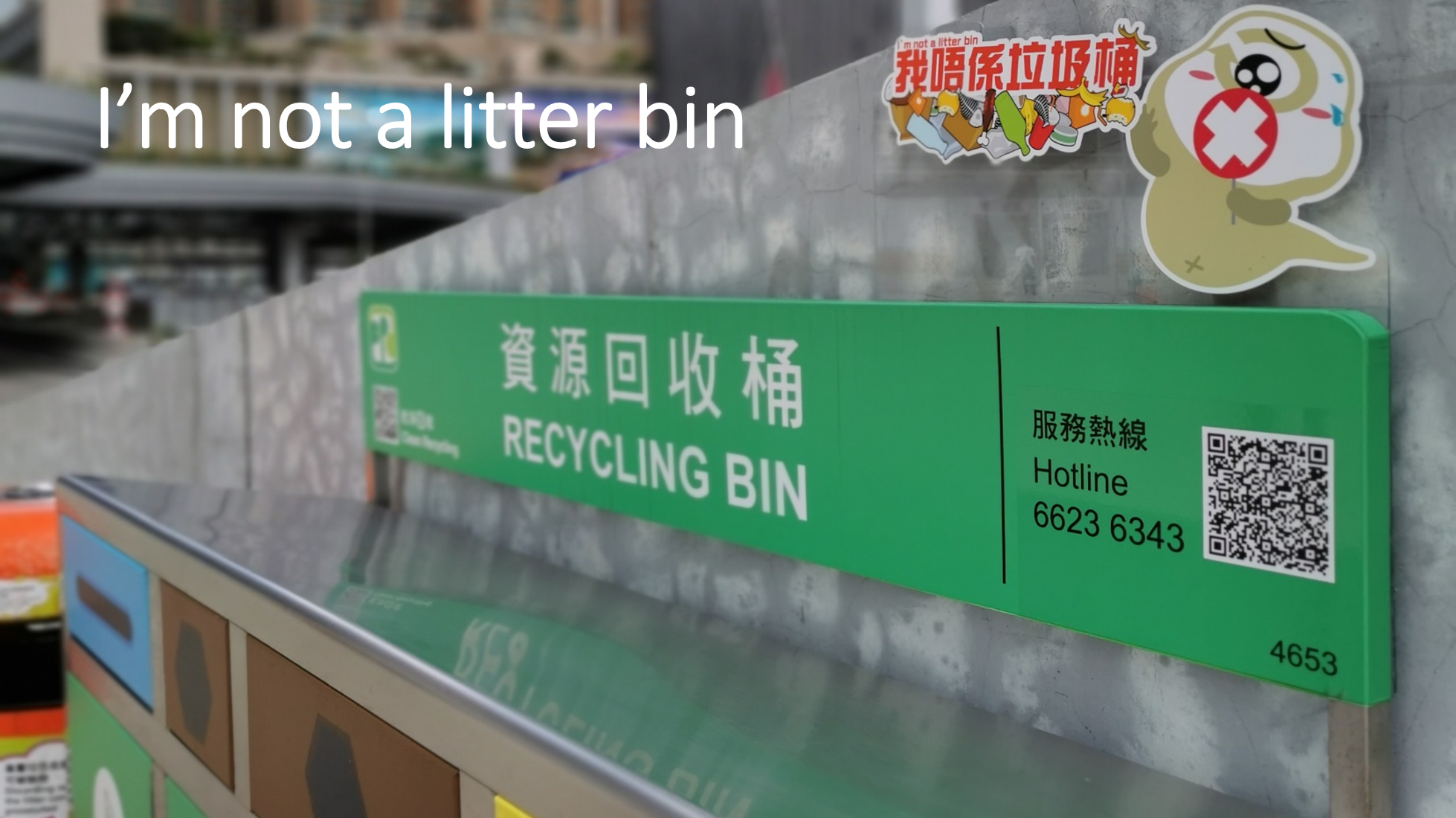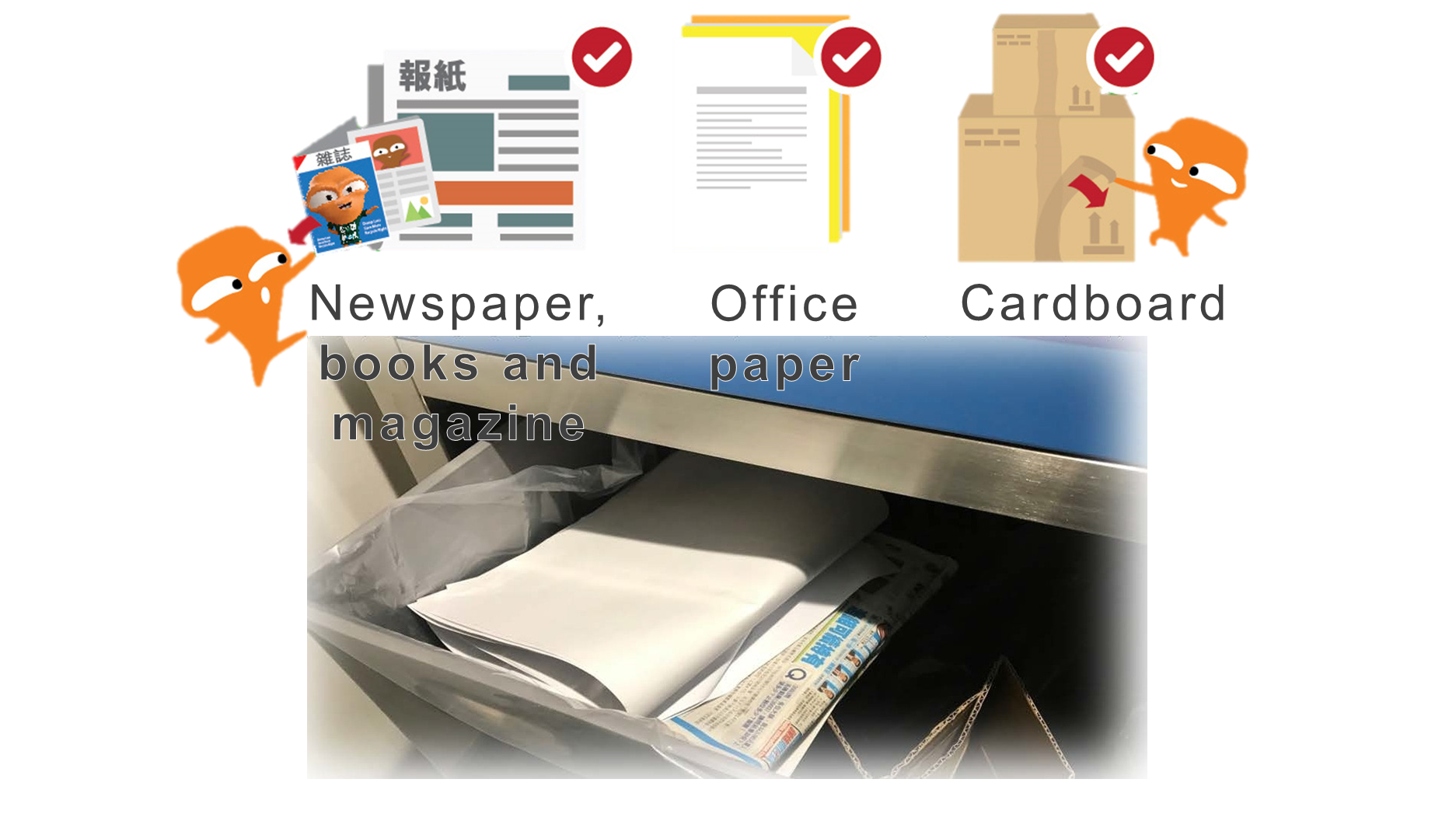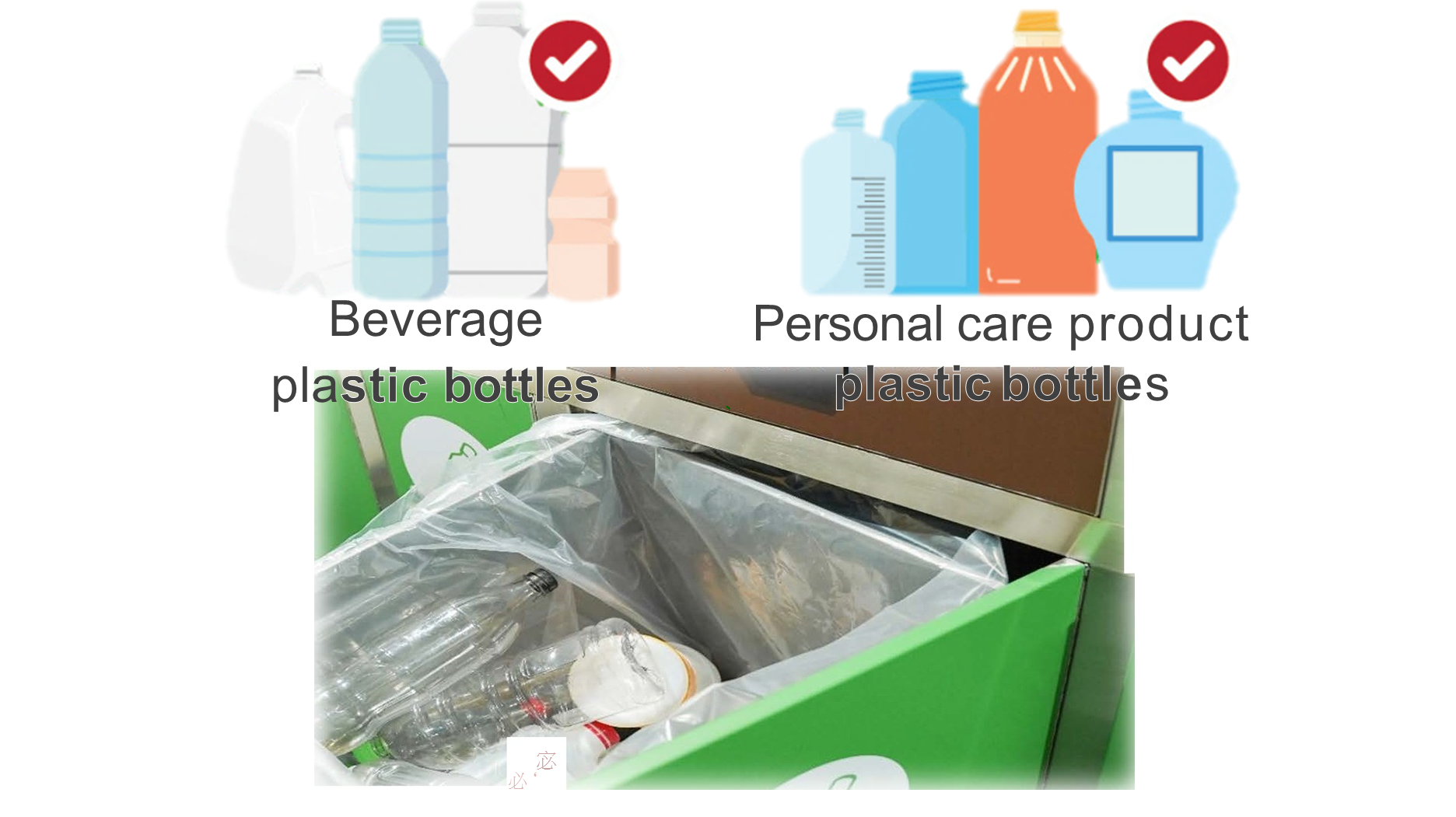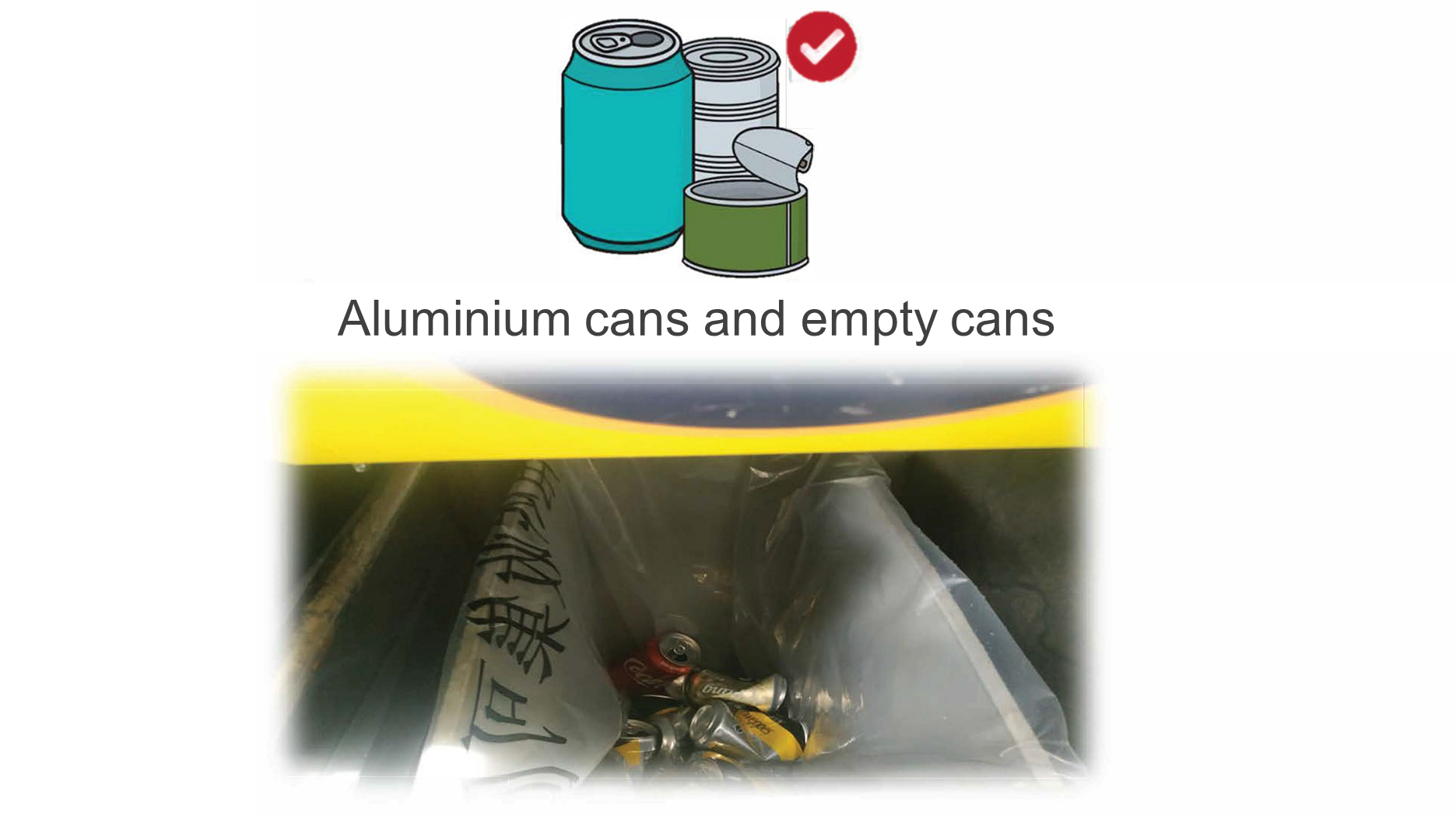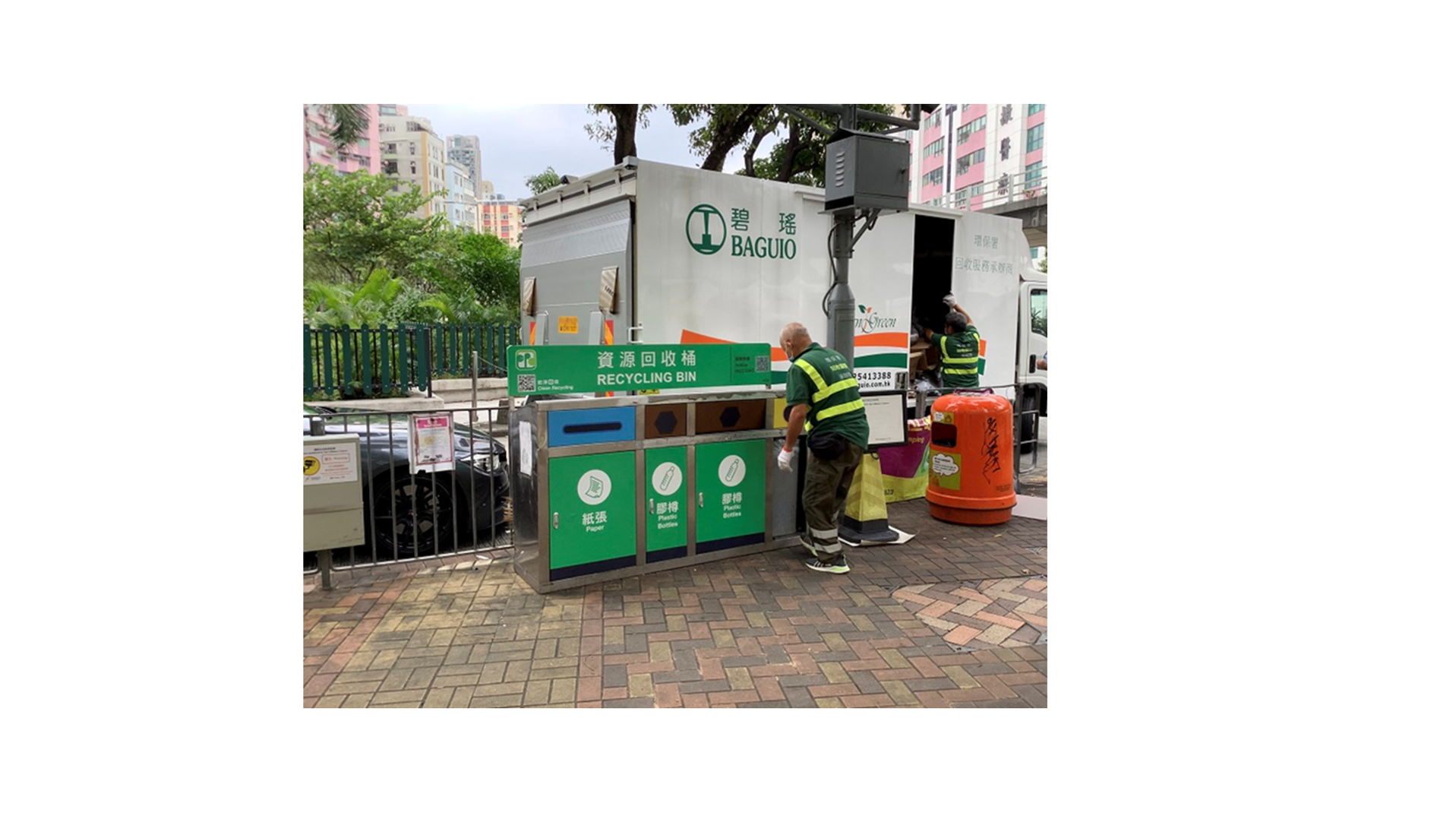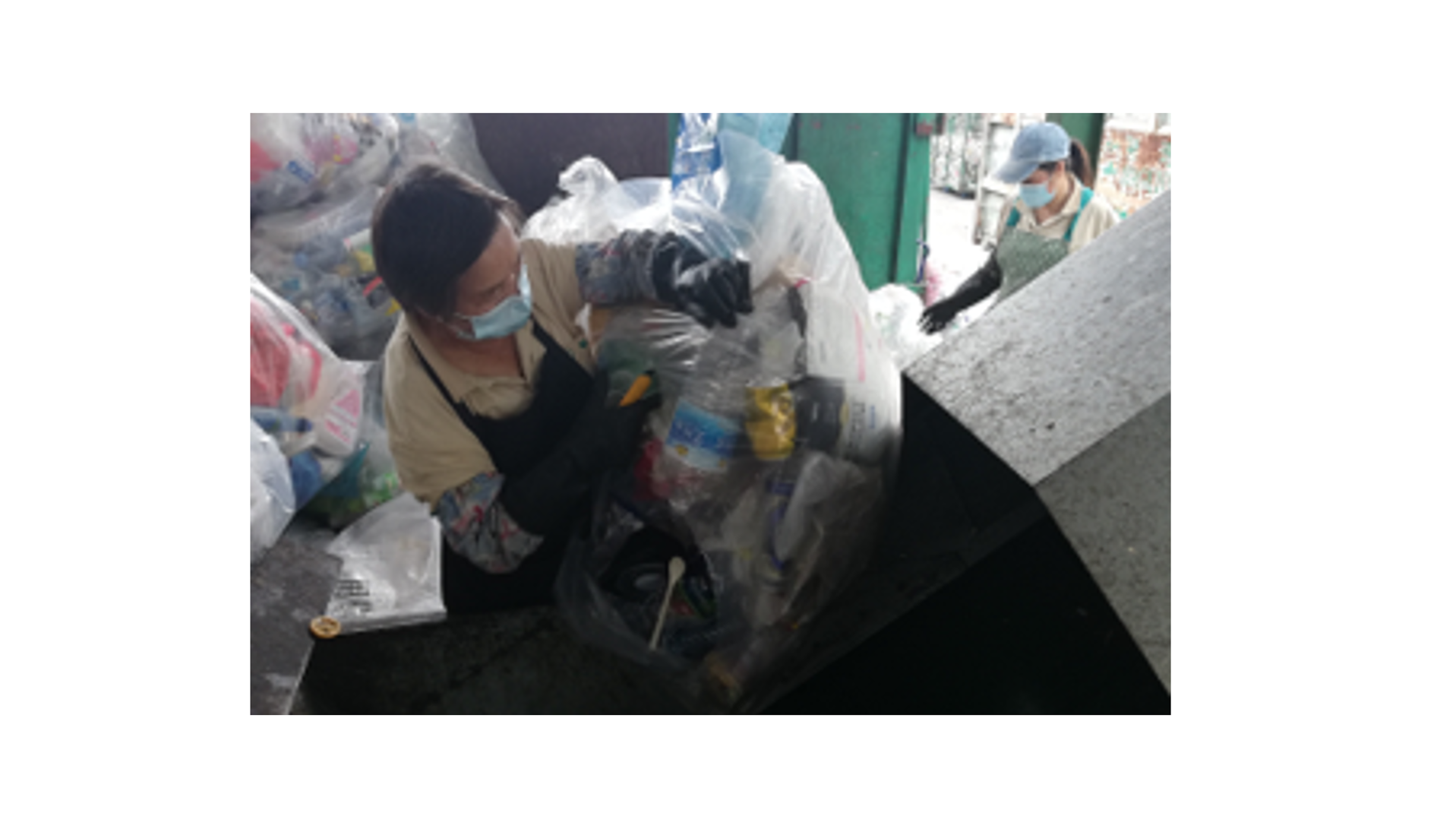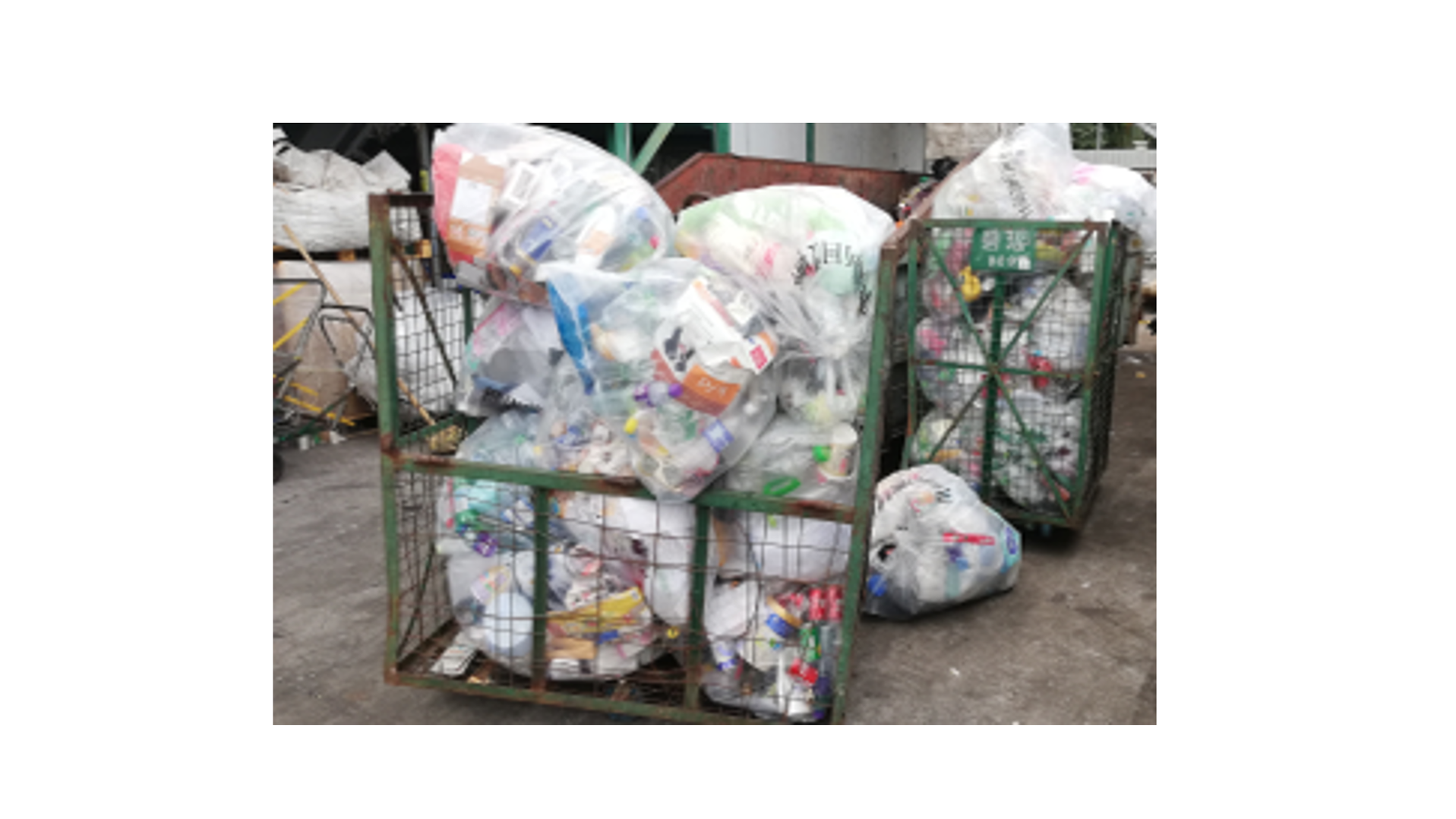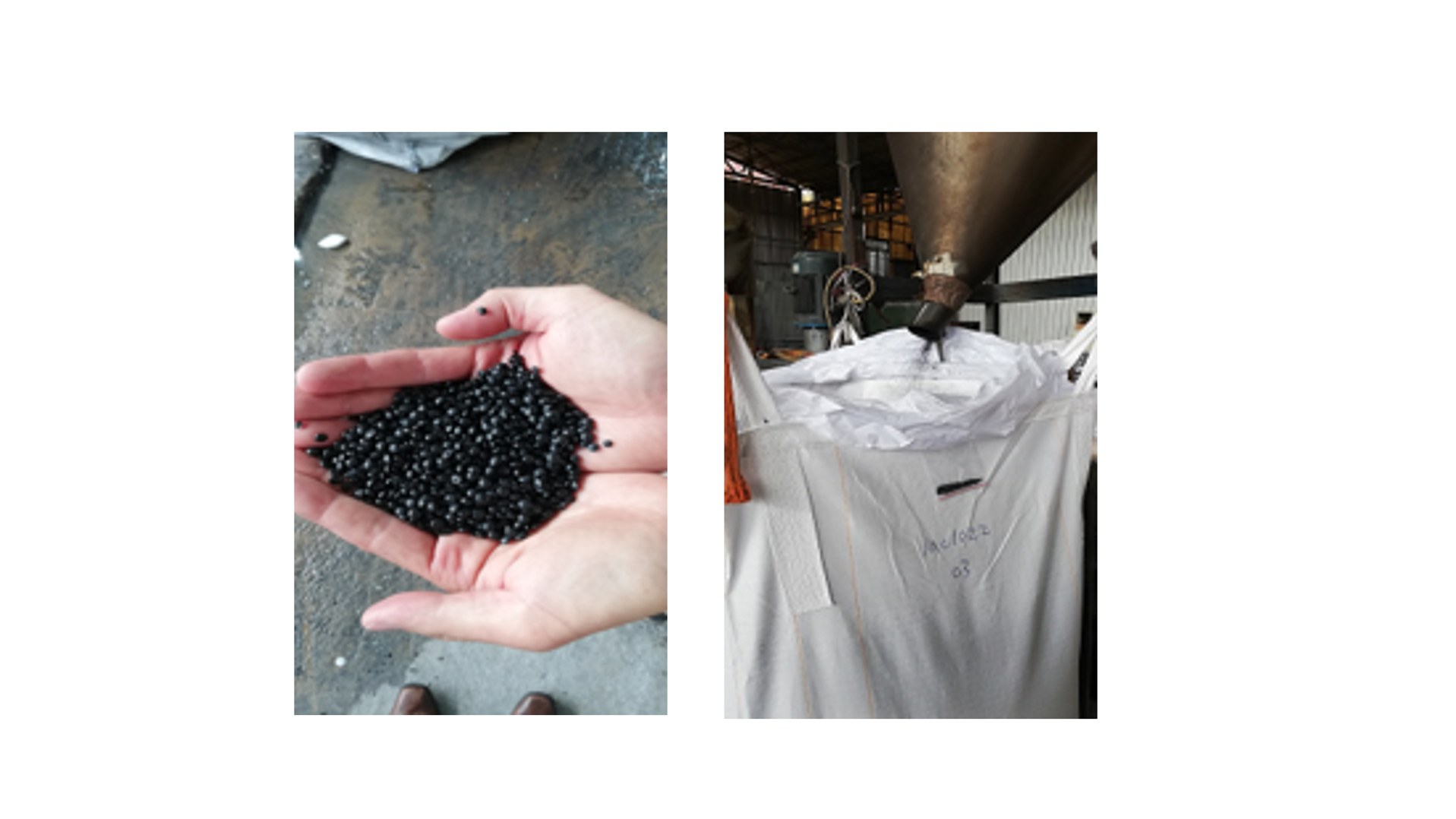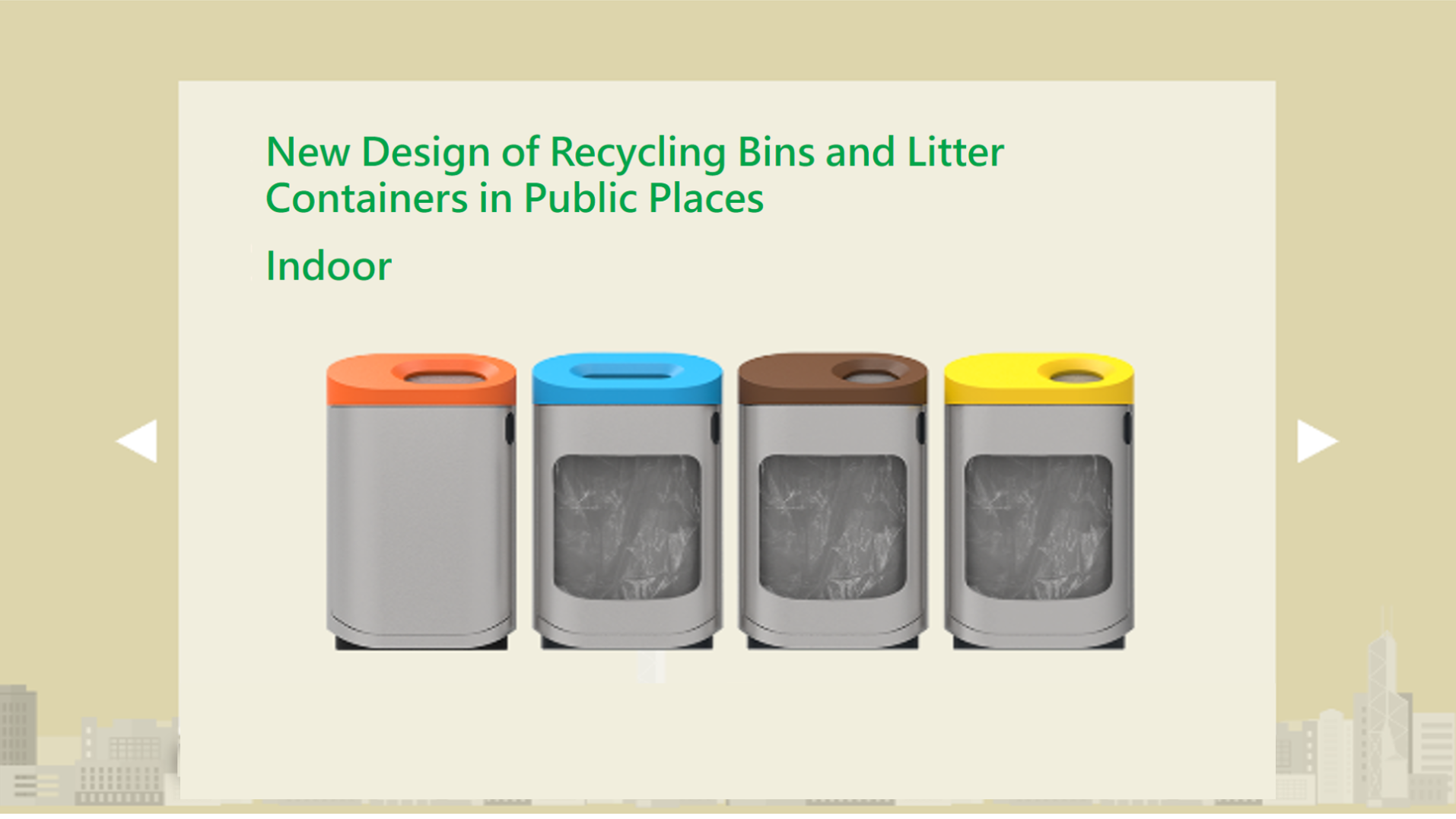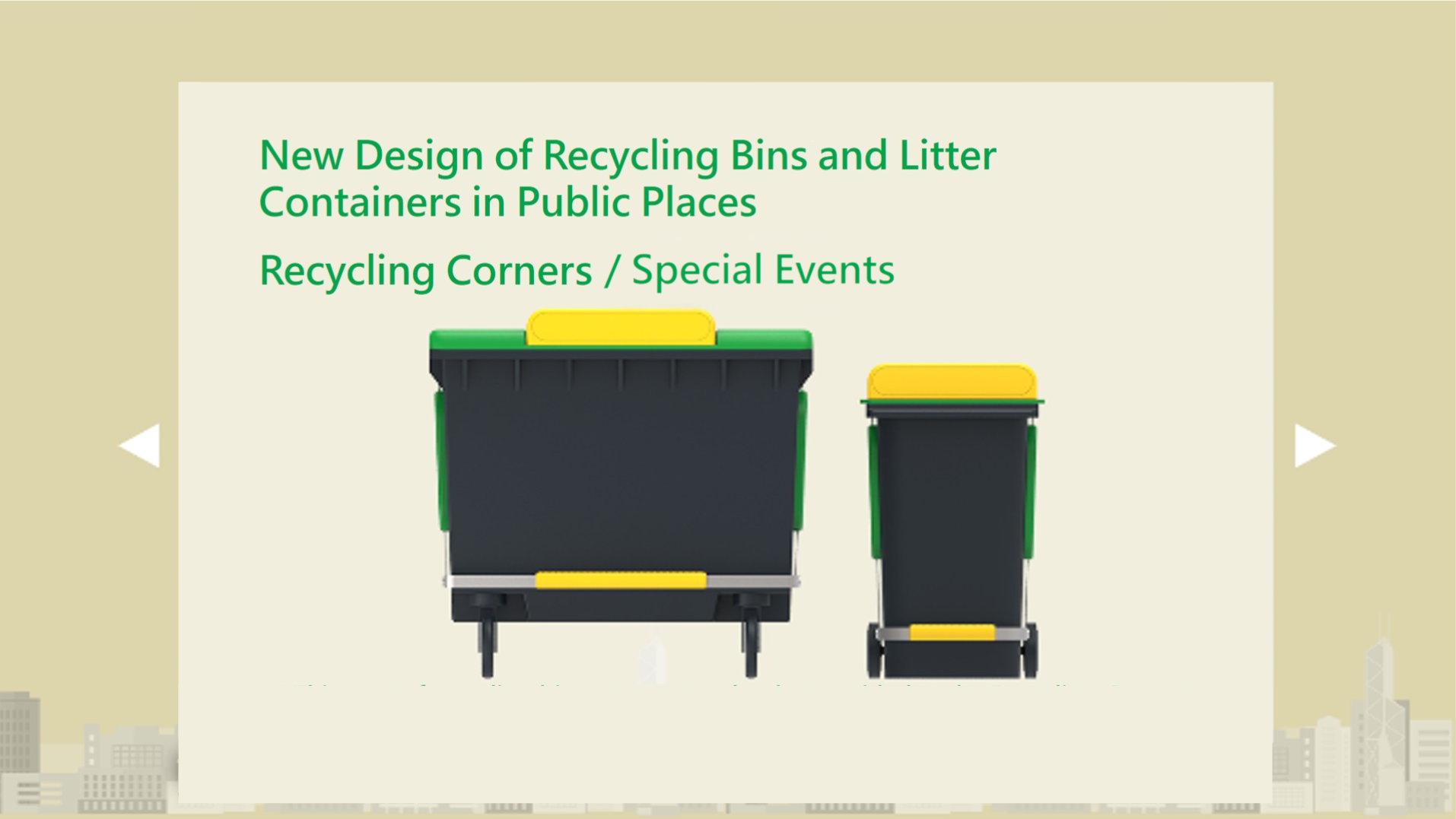Kerbside Recycling Bin
Overview
The EPD has conducted a review on the operation of the kerbside recycling bins, quality and quantity of recyclables collected, and the effectiveness of enhancement measures (including increasing the collection bin capacity, putting QR codes on recycling bin to facilitate the public to report matters such as overfilled bins, and promoting "I’m not a litter bin", etc.) all along since the taking over of the management of kerbside recycling bins by the EPD from the Food and Environmental Hygiene Department in October 2020. The review found that, while there were some improvements as a result of the enhancement measures, both the quantity and quality of recyclables collected by kerbside recycling bins were still far inferior than that collected by the GREEN@COMMUNITY. In particular, generally low quantity of recyclables collected from recycling bins in urban areas, frequent contamination of recyclables by refuse and the misuse of recycling bins by the public, have reduced the effectiveness of subsequent recycling process and might lead to environmental hygiene problems.
With the continuous enhancement of GREEN@COMMUNITY network and services, as well as the commencement of various waste reduction and recycling schemes spearheaded by the EPD, the role of kerbside recycling bins in urban areas in community recycling support has been diminishing. To improve the overall recycling efficiency and recyclables quality, the EPD has decided to progressively remove the kerbside recycling bins in urban areas including Southern District since June 2022. On-the-spot publicity activities and posting of signage/notices have been carried out to notify the public about the removal of the recycling bins, and to encourage them to make good use of the upgraded facilities in housing estates/residential buildings and GREEN@COMMUNITY for recycling. The removal of about 800 sets of kerbside recycling bins in urban areas was basically completed by the end of 2022.
Currently, the EPD has put in place around 850 kerb-side recycling bins in public places to facilitate the public to recycle the most common recyclables (i.e. paper, plastic and metals). With the increase in public awareness in clean recycling, clean recyclables collected from the kerb-side recycling bins are transformed into secondary resources.
You might be interested
What to recycle?
DOs & DONTs
How about other recyclables?
What cannot be recycled?
How to Report Overfilled Bins?
Statistics
Quarterly Amount of Recyclables (Q3 2025)
Recycling Bin Collection Service Frequency (Q3 2025)
Reports of Kerbside Recycling Bin (Q3 2025)
Field Trial of Newly Designed Recycling Bins and Litter Containers
Following the recommendations of the Steering Group on the Modification of Recycling and Refuse Collection Facilities in Public Places, the Government conducted a review of the design of recycling bins and litter containers in public places.
Between 2021 and 2024, newly designed recycling bins and litter containers were placed at various Government facilities and public venues for field trials lasting from 6 to 12 months. These trials and evaluations have been completed, and the finalized designs have been provided to the relevant departments for reference and consideration of adoption.

